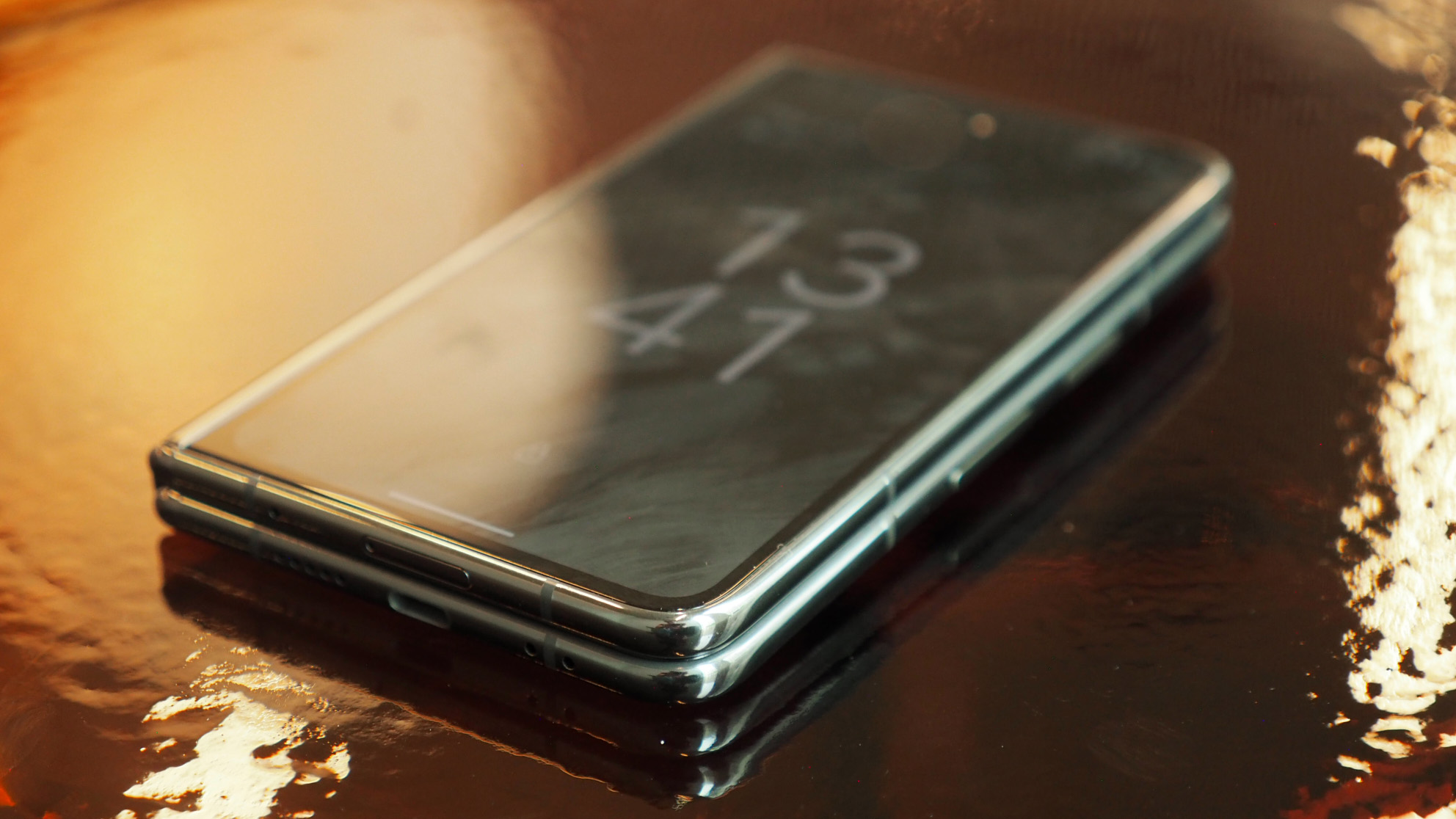Your Samsung Galaxy Z Fold 6 or Pixel Fold just got a neat new trick
Translating conversations just got better


Quick Summary
Google has updated its Translate app on Android to have a neat two-screen feature for folding phones.
Right now it's limited to a couple of phones, but it could roll out further.
Google has quietly updated its Translate app with a nifty new feature making it easier than ever to hold a two-way conversation between languages, if you're lucky enough to have a folding phone.
Now, rather than having to hold your phone out flat between both speakers, you'll be able to hold it up so that each person can see a screen in front of them, translating what the other is saying.
It's a nice and obvious way to use the inner and outer displays of a folding phone, and the update seems to be live in the latest version of the Translate app on Android 14. However, because it relies on an Android API that not every folding phone uses, it won't work with every handset on the market right now.
For now, it's only functional on the Google Pixel Fold or any Samsung folding phone running Android 14, such as the Galaxy Z Fold 6 – but it's still a great feature for those phones.
Here's how to use it if you tick those boxes:
- Open your folding phone
- Start the Google Translate app
- Tap on Conversation
- Tap on the dual-chat button at the top-right of your display
- Now tap on the folding phone icon in the middle-right of your display
- Once the app confirms that "Dual screen is on", check it's working
This should allow you to hold the phone up between you and the other party in your conversation and have them look at the outer display while you look at the inner one.
It's also a step nearer to the future we've been promised for a long while now, where our phones can be meaningful and impactful tools for communication in person as well as just for interacting with the web and apps.
Get all the latest news, reviews, deals and buying guides on gorgeous tech, home and active products from the T3 experts
Time will tell whether some of the other folding phone makers like OnePlus or Motorola get on board with Google's API to allow this feature to work on their hardware, or whether they instead opt for their own in-house solutions to replace it.

Max is T3's Staff Writer for the Tech section – with years of experience reporting on tech and entertainment. He's also a gaming expert, both with the games themselves and in testing accessories and consoles, having previously flexed that expertise at Pocket-lint as a features editor.